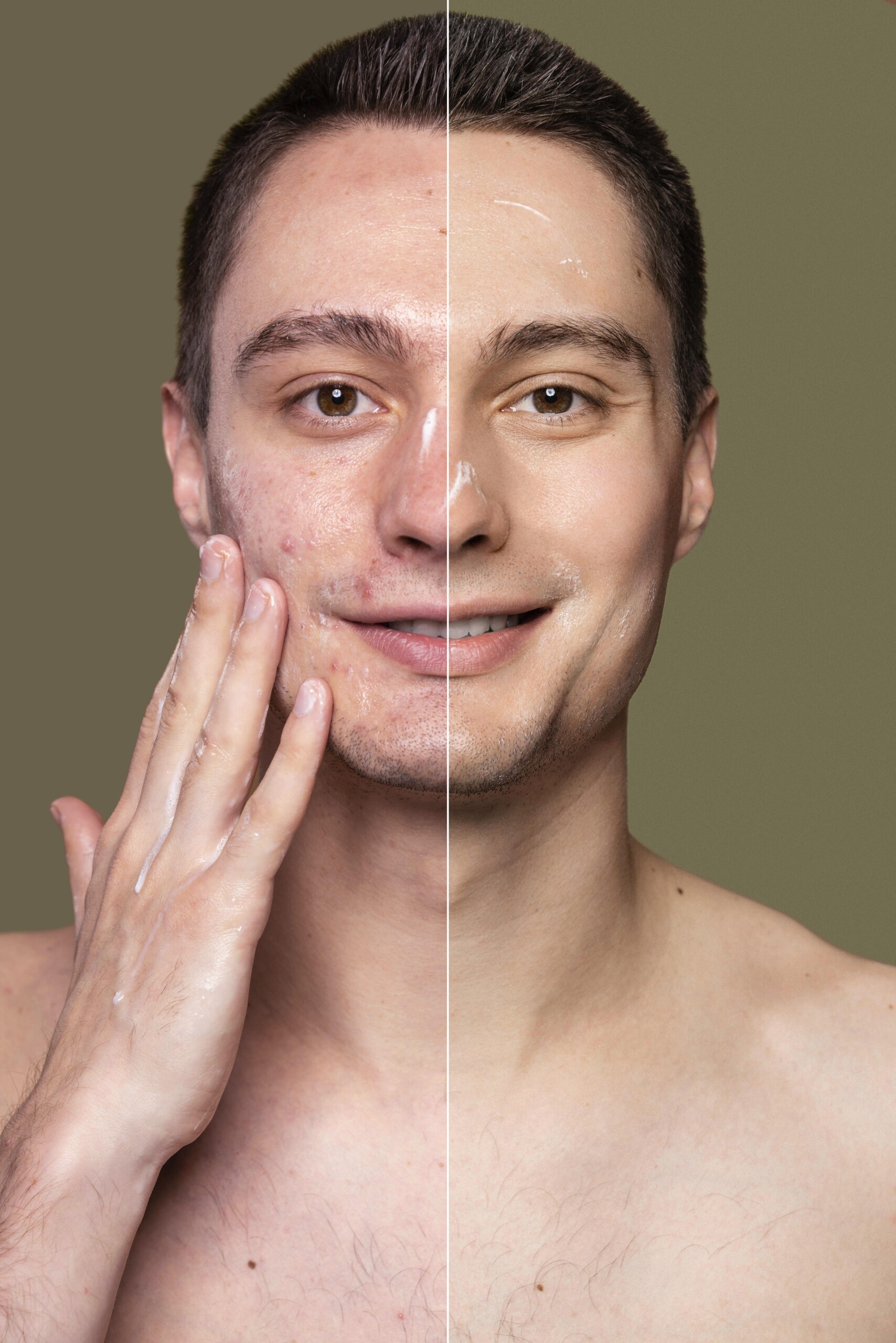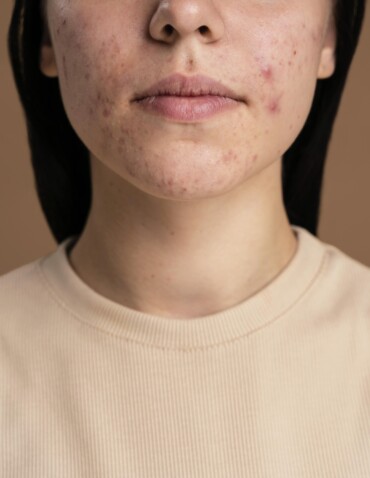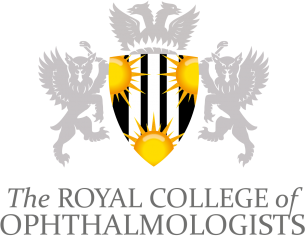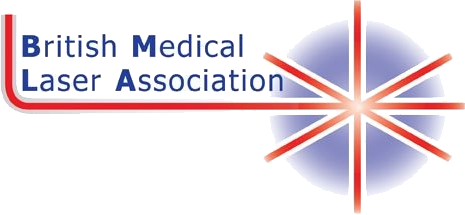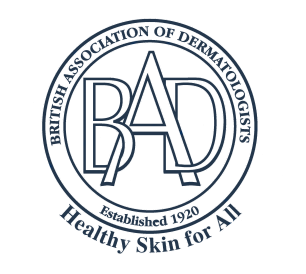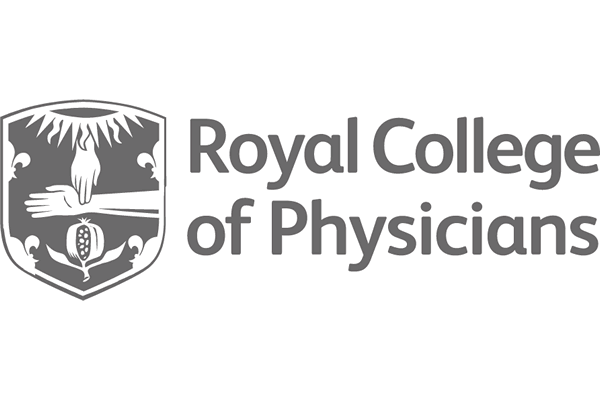Introduction
For many of us, the journey with acne and its aftermath is a rollercoaster of hope and frustration, especially when it comes to the stubborn scars. These scars are more than just marks; they often affect our self-esteem and perception. They are the aftermath of our skin’s healing process, resulting in fibrous tissue that alters the smoothness of our skin.
When it comes to skin health and recovery, collagen plays a crucial role. This essential protein forms the foundation of our skin, ensuring its strength, elasticity, and youthful appearance. However, as we age or face environmental factors which stress the skin, our collagen production can decline, affecting the skin’s ability to heal, especially in the case of acne scars.
At the London Scar Clinic, we’re keen to explore the intricate relationship between collagen and the healing of acne scars. Does augmenting your collagen levels through supplements, diet, or treatments offer a viable path to reducing them? Our goal is to demystify this relationship, offering insights and evidence-based advice on collagen’s role in skin care, specifically in the context of acne scars.
As we unravel this exploration, we promise to keep our dialogue both engaging and informative and empower you with the knowledge to make well-informed skincare choices.
Let’s navigate this journey together, delving into the potential of collagen for acne scar treatment and how it could be a game-changer in achieving smoother, more radiant skin. Our exploration will cover understanding acne and its scars, diving into what collagen is, the promise of collagen for acne scar treatment, and how to incorporate collagen into your acne-prone skin for maximum results.
Depending on the severity and the healing response, this process can leave behind different types of scars:
- Atrophic scars are characterised by tissue loss, resulting in indented scars on the skin. They’re the most common type of acne scars, often referred to as “ice pick,” “boxcar,” or “rolling” scars, each with unique characteristics in terms of depth and appearance.
- Hypertrophic scars and keloids form when the skin produces too much collagen as it heals, leading to raised tissue on the skin’s surface. While hypertrophic scars are confined to the boundaries of the original wound, keloids can grow beyond these limits.
- Post-inflammatory hyperpigmentation (PIH) isn’t a scar in the traditional sense but rather refers to the skin discolouration that remains after an acne lesion has healed. Though PIH can fade over time, it’s a persistent reminder of where acne lesions once were, affecting skin tone and texture.
The impact of acne scars extends beyond the physical. For many, these scars can serve as a constant reminder of acne’s challenges, significantly affecting self-esteem and mental health. The prominence of having them, especially when on the face, can lead to feelings of self-consciousness, anxiety, and depression, influencing social interactions, personal relationships, and even professional opportunities. Considering this emotional toll, the importance of treating acne and its scars and supporting individuals through their skin health journey with empathy and understanding becomes clear.
Understanding the nature of acne and the scars it leaves behind is the first step towards healing, both skin and soul. By recognising the different types and their potential impact on our lives, we can better navigate the path to the proper treatment options and recovery, moving towards a future where our skin’s story is one of resilience and renewal.
The benefits of collagen for skin health are vast and vital:
- Enhanced Skin Elasticity and Hydration: Collagen molecules, particularly when hydrolysed into smaller peptides, can be absorbed into the body and help to improve skin elasticity and hydration levels. Studies have shown that collagen supplementation can lead to noticeably firmer and more hydrated skin, reducing the appearance of fine lines and wrinkles.
- Supports Skin Regeneration: Collagen is critical in wound healing and skin regeneration. By replacing damaged skin cells with new ones, collagen helps maintain the skin’s youthful appearance and contributes to a healthy skin repair process.
- Strengthens Skin Barrier: A strong, healthy skin barrier is essential to prevent moisture loss and protect against environmental aggressors. Collagen aids in reinforcing this barrier, enhancing the skin’s resilience against irritants and pollutants.
Understanding collagen’s central role in skin health underscores the importance of maintaining collagen levels through diet, supplements, and skincare practices. As we age, finding ways to support our body’s collagen production can be vital to preserving the skin’s elasticity, hydration, and overall health.
With a clear grasp of what collagen is and its benefits for skin health, the pathway to harnessing collagen’s potential in skin care and treatment becomes evident. This foundation paves the way for exploring how collagen can be utilised explicitly in treating acne scars, offering hope and solutions for improved skin texture and health.
Given its fundamental role in wound healing and tissue repair, collagen has been identified as a promising agent in the treatment of acne scars. By promoting collagen production in the skin, treatments can help improve the appearance in several ways:
- Enhancing Skin Texture: Treatments that stimulate collagen production can help improve the skin’s texture, making acne scarring less noticeable. Increasing collagen levels for atrophic scars, which are characterised by a loss of tissue, can help raise and fill the indented areas, creating a smoother skin surface.
- Reducing Scar Visibility: Certain collagen-based treatments can help regulate collagen production and alignment, potentially reducing the prominence of hypertrophic scars or keloids raised above the skin’s surface.
- Improving Overall Skin Health: By boosting collagen levels, the skin’s overall health, elasticity, and hydration are enhanced, indirectly contributing to a more favourable healing environment for scarred tissues.
Collagen-based therapies for acne scar treatment can include topical treatments, injectables, and procedures like microneedling or laser therapy, all aimed at stimulating the skin’s collagen production. These treatments encourage the healing of existing scars and fortify the skin against future damage.
Wrap Up
As we’ve explored the relationship between collagen and skin health, particularly in the context of healing acne scars, it’s clear that collagen plays a pivotal role in not just maintaining skin integrity but also in the body’s natural healing processes. The potential benefits of collagen for acne scar treatment—ranging from improved skin texture and elasticity to enhanced hydration and overall skin health—underscore the importance of this protein in our skincare routines.
A comprehensive approach to skin care, including a balanced diet rich in collagen-promoting nutrients, topical collagen products, and considering taking a collagen supplement, is crucial for those looking to address acne scars. This multifaceted strategy supports the skin’s natural repair mechanisms, offering a pathway to smoother, more resilient skin.
We encourage our readers to consider the benefits of collagen in their journey towards healing scars after acne breakouts. Integrating collagen into your routine, whether through nutritional adjustments, informed skincare choices, or supplementation, can significantly improve skin health and appearance.
For those seeking more personalised advice on incorporating collagen into their skincare regimen or exploring treatment options for acne scars, we invite you to reach out. Our team at the London Scar Clinic is here to support your skin health journey, offering expert guidance tailored to your unique needs.
Connect with us today to learn how we can help you achieve clearer, healthier skin, paving the way for confidence and radiance that shines from within.





